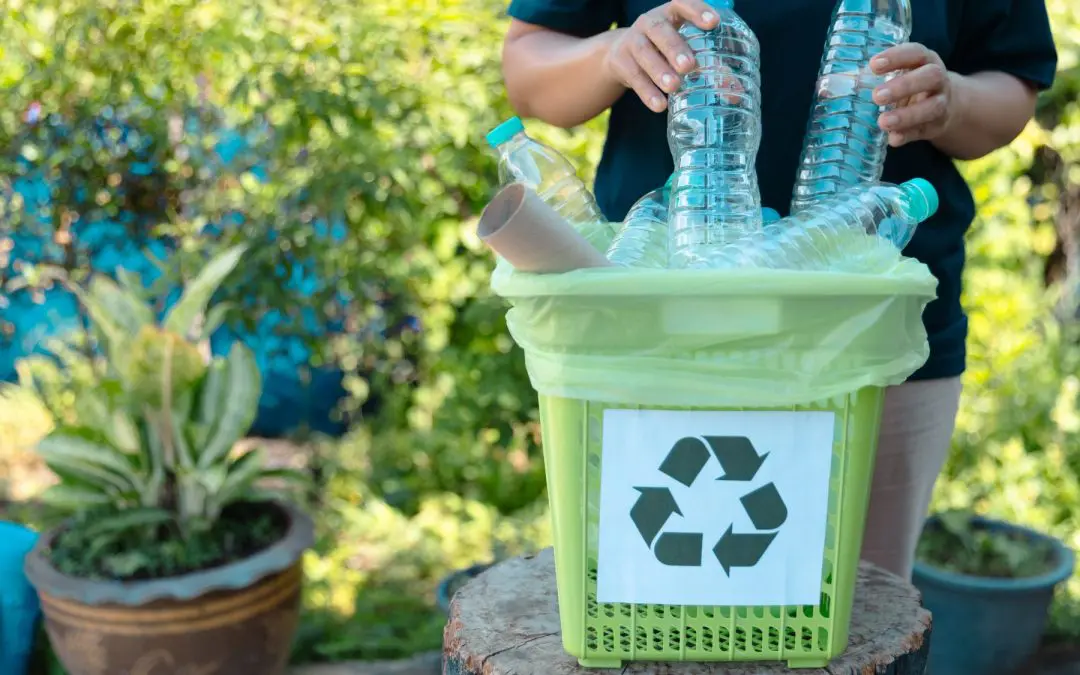Overflowing trash bins on collection day are a clear sign that it’s time to rethink how we manage waste at home. With a few practical changes, you can reduce household waste and make a lasting impact. These simple strategies can help you cut down on what you throw out and shrink your environmental footprint simultaneously.
The Power of Prevention: Reduce Household Waste Before It Starts
The most effective way to reduce household waste is to prevent it from entering your home in the first place. This might sound obvious, but it requires a conscious shift in our consumption habits. Think about the packaging that comes with almost everything we buy. By making thoughtful choices at the store, you can drastically cut down on what ends up in your bin.
Embrace Reusables
One of the simplest yet most impactful changes you can make is to adopt reusables. Carry a sturdy canvas bag for groceries and other shopping excursions. This eliminates the need for single-use plastic bags, which are a major environmental pollutant. Similarly, invest in a reusable water bottle and a travel coffee mug. These small investments reduce waste and save you money in the long run, especially if you’re a regular coffee shop visitor. Think about bringing your own containers for takeout food when possible; many establishments are happy to accommodate.
Shop Smart and Bulk Up
Before you head to the grocery store, take stock of what you already have and make a meal plan. This prevents impulse buys and reduces food waste. When you do shop, prioritize items with minimal packaging. Look for unpackaged fruits and vegetables, and consider buying in bulk for staples like grains, nuts, and dried fruit. Many stores now offer bulk bins where you can bring your own containers, reducing packaging costs.
Choose Durable Over Disposable
The allure of convenience often leads us to choose disposable items: paper towels, plastic cutlery, and single-use razors. While they seem easy at the moment, their cumulative impact is significant. Opt for durable, long-lasting alternatives instead. Cloth napkins, washable dishcloths, stainless steel razors, and reusable food storage containers are excellent investments that pay dividends in waste reduction and often in quality and longevity.
Repair, Repurpose, Recycle
Even with the best prevention strategies, some household waste is inevitable. The next step is to find ways to keep items out of the landfill by extending their lifespan or repurposing them.
Before you toss something broken, consider if it can be repaired. Many items, from electronics to clothing, can be given a second life with a simple fix. If repair isn’t an option, think about repurposing. Could that old glass jar become a new storage container? Could worn-out clothes be turned into cleaning rags? Finally, proper recycling is crucial for items that can’t be reused or repaired. Understand your local recycling guidelines and make sure you’re sorting correctly to ensure items are actually recycled and not sent to the landfill due to contamination.
Reducing household waste is a journey, not a destination. Start with one or two manageable changes, then gradually incorporate more as you become more comfortable. Every small step makes a difference, contributing to a healthier planet and a more mindful, efficient home.
Outlook Home Inspections offers home inspections in Charlotte and upstate South Carolina. Contact us to request our services.

